



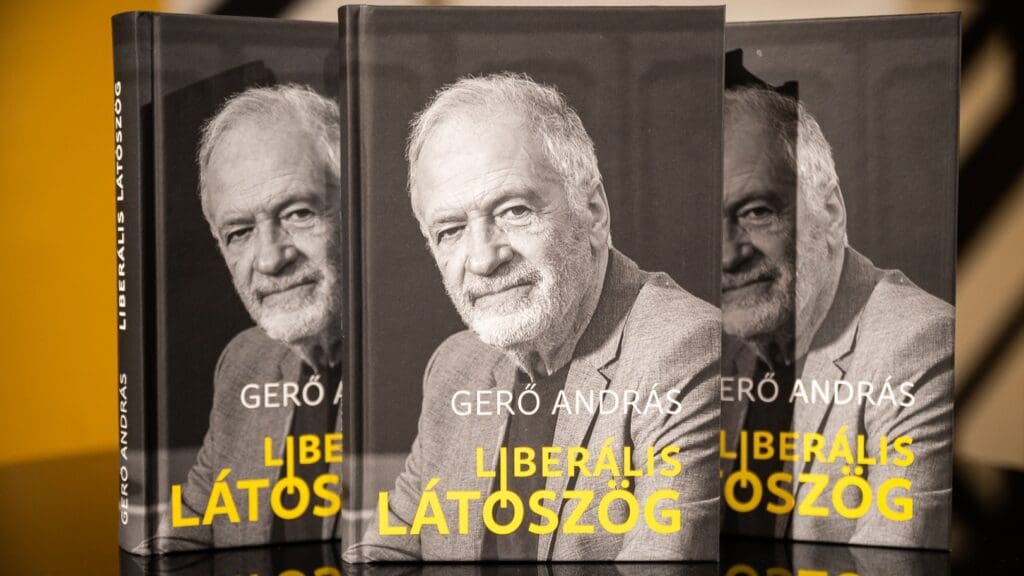
Gerő sees classical liberalism as the idea of a constitutionally limited state and individual liberties, based on natural law. According to Gerő, classical liberalism professes the principles of government being accountable to parliament, the separation of powers, and popular rule by suffrage. In that sense, Gerő sees the reform era of Hungary (1825–1848) as the beginning of the equality of civil rights.
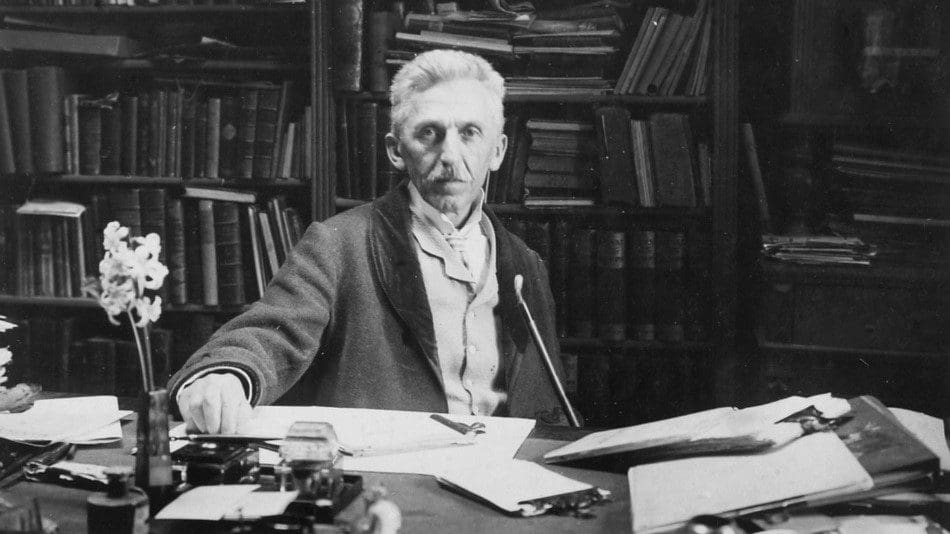
‘Gárdonyi was a unique personality, a distinctive Hungarian writer, in both his good qualities and his faults. He cannot be branded or put in a box. He must be seen in the light of what he created, with his insightful criticisms taken to heart, and his failures appropriately assessed.’
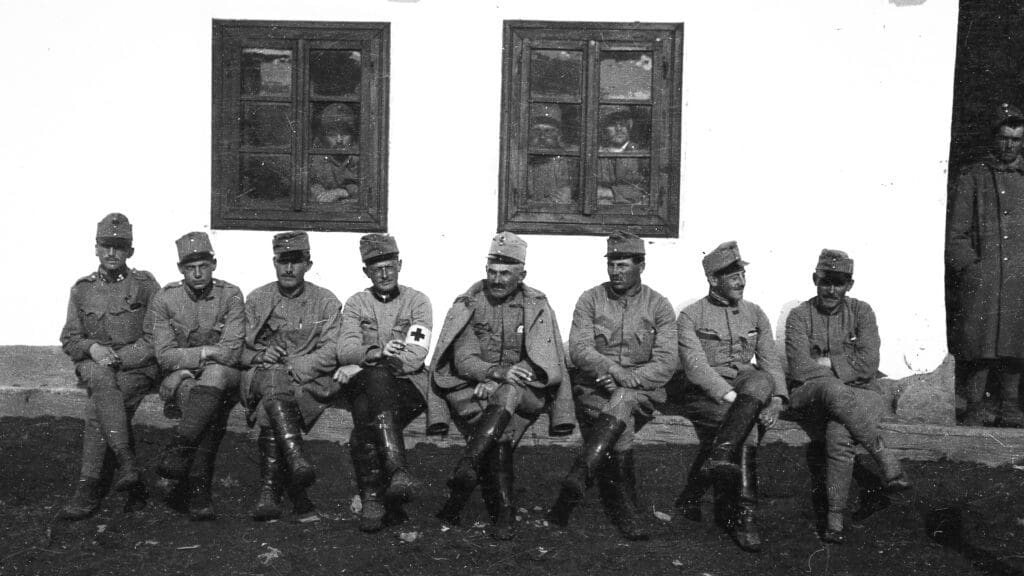
‘One might conclude that only rogue states wage war without declaring it, yet the Korean War, the Vietnam War, and the prolonged military involvements in Afghanistan and Iraq were not preceded by a declaration of war issued by the United States Congress either.’
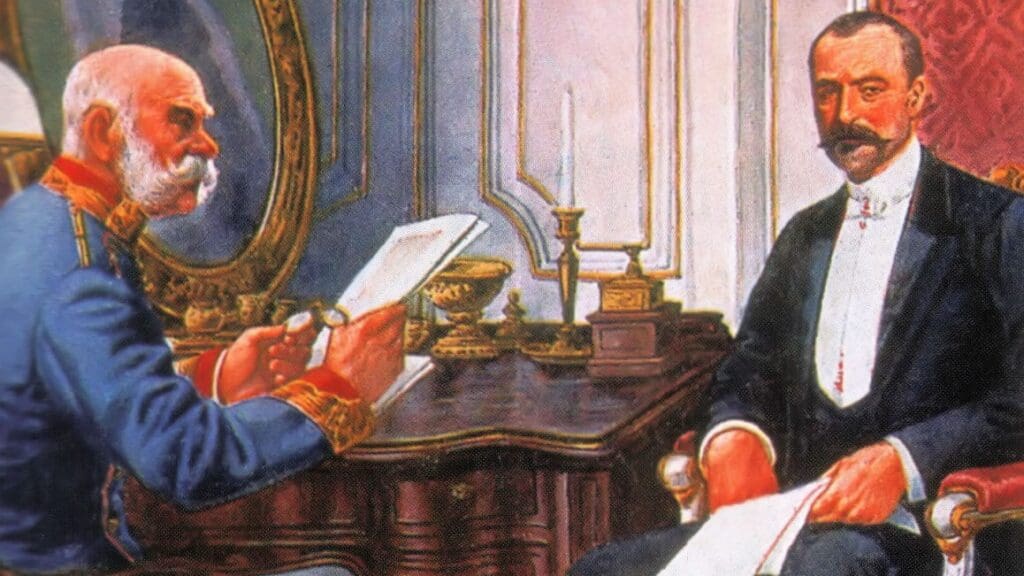
Why did those who had the power to do so not pull in the reins? How could the civilised European populaces celebrate the war? Why did they not choose the path of peace, progress, and constructiveness? On the 109th anniversary of the start of the First World War, and in the shadow of the war of our time, these are the questions historians must answer.
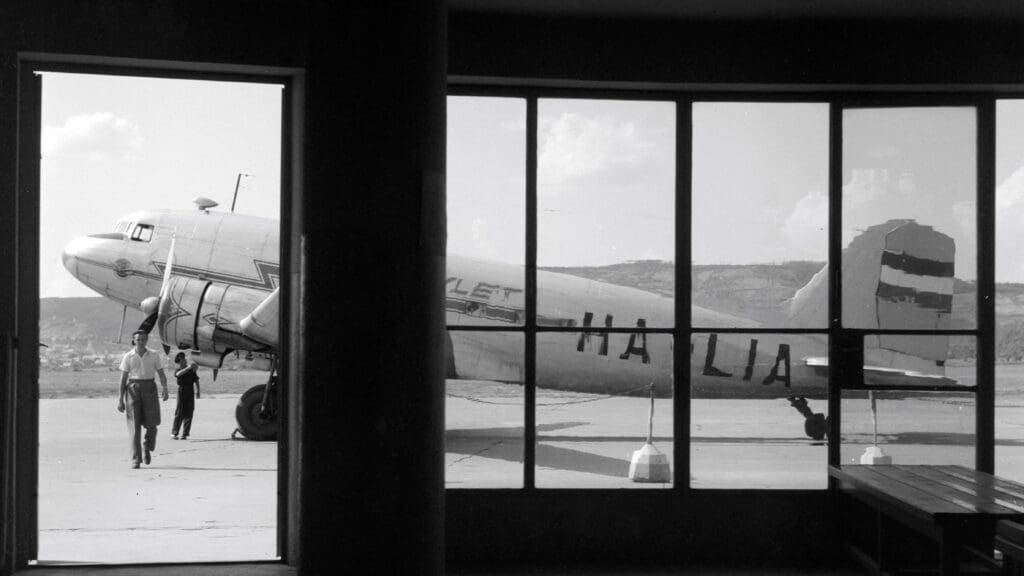
A short story of a group of desperate young Hungarians who in 1956, disillusioned with socialism, overpowered the passengers and the secret agent on a plane, successfully flew it to Germany, and the leaders of whom eventually became members of the US military.
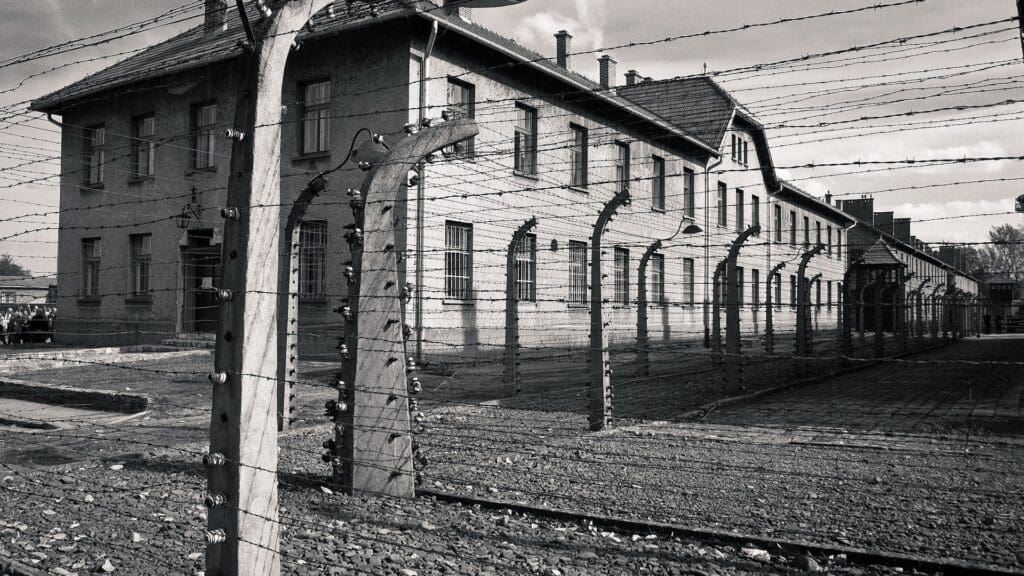
Jewish-Hungarian MP from the Horthy era Béla Fábián was held as a POW in Russia in World War i, and was taken to a concentration camp in World War II. He became an avid critic of the Hungarian Communist Party while living in exile in the 20th century, for which the Kádár regime subjected him to a smear campaign, claiming that he actually served as a ‘kapo’, a prisoner-turned-guard in his camp. Here’s the story of the extraordinary life of a special man.
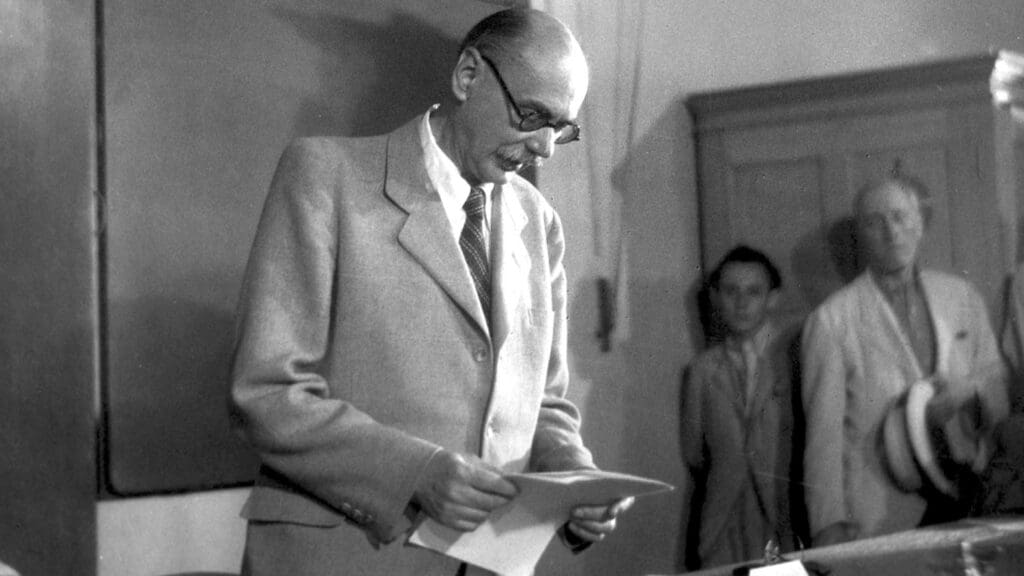
‘Szekfű described “capitalism” as “having grown in size over time, becoming a more and more fearsome monster, creating factories and cramming hundreds of thousands and millions of people into the unhealthy, immoral air of smoky cities. And the longer the unrestricted freedom proclaimed by liberalism lasts, the more freely the capitalist big business devours the little ones, the more freely it exploits the economic weaklings, especially the workers.” Szekfű’s book Three Generations, in which he also called for extensive worker protection and the regulation of industrialists by law, bears a striking resemblance to the basic tenets of socialism.’
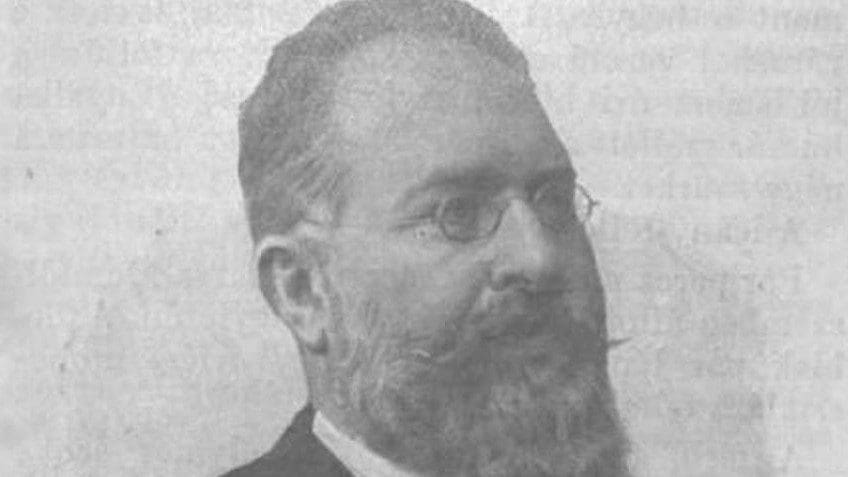
In 1869, the new statistical office of the capital was created, headed by Kőrösy. A few years later, he started to teach statistics in Budapest, the very first person to do so in Hungary. In 1896, he became a doctor of the University of Kolozsvár (today, Cluj in Romania), and was awarded nobility and the title of szántói, as well as the right to spell his name with a ‘y’ (indicating noble ancestry). The family never converted to Christianity, though, and the Kőrösy coat of arms included two stars of David.

Beside serving as chief engineer during the construction of the Chain Bridge, Clark was also involved in the building of the tunnel under the Buda Castle, and was also a board member of the company building the first Hungarian steamer ship. Other projects that Clark supervised include the construction of the mental health institute of Lipótmező and the roofs of the Dohány street synagogue.
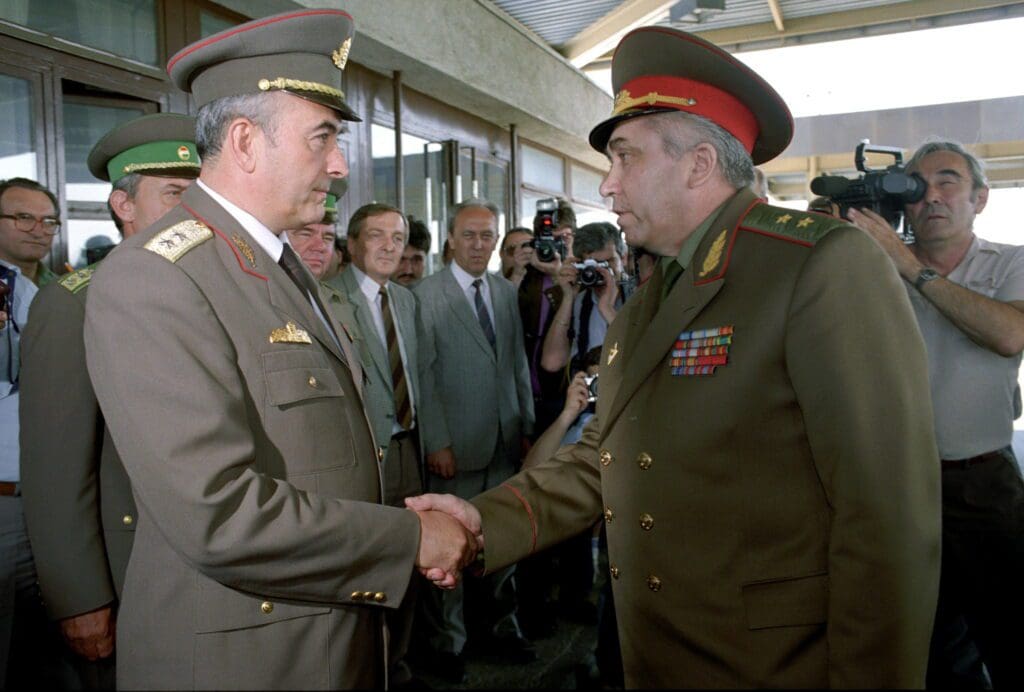
The presence of Soviet troops in Hungary was of course illegal. The Paris Peace Treaty of 1947, which ended the war, required them to be withdrawn from our country, and although the treaty allowed for the necessary number of soldiers to remain here to ‘maintain the lines of supply’, there were obviously many more than that. The ‘legalisation’ of the presence of the Soviet forces that crushed the 1956 revolution was carried out by the new, collaborationist Kádár government in 1957.
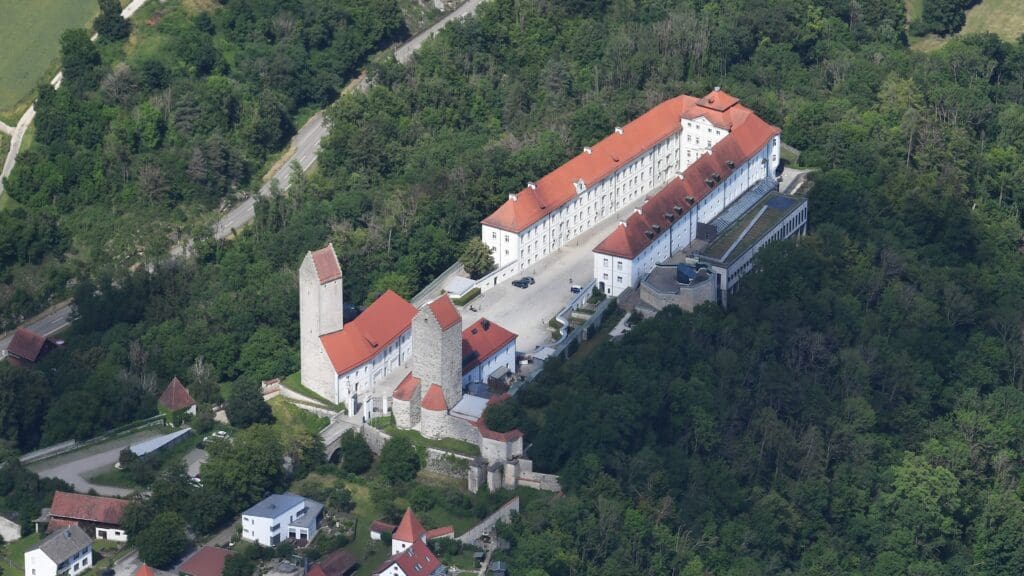
Reuven Hecht was a right-wing Zionist who worked with the revisionist movement’s founding father, Ze’ev Jabotinsky, and after the founding of the state, became an Israeli entrepreneur and right-wing politician. Today, a museum and park in the Jewish state bear his name. After trying to help the Horthy family obtain a Swiss visa, he remained in correspondence with them until his death in 1993.
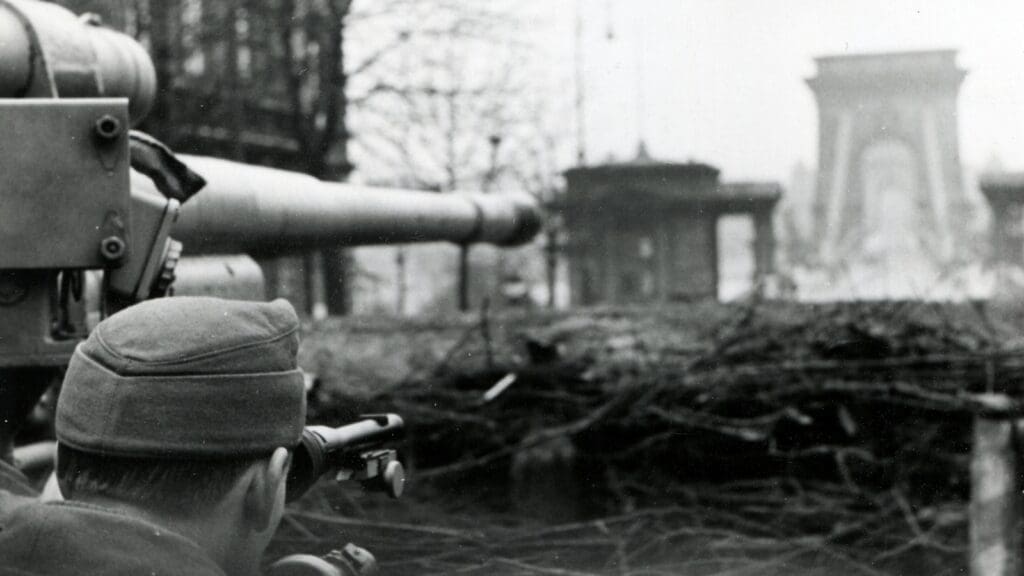
The book’s greatest value can undoubtedly be found in its historiographical sections, which present the historical assessment of the Soviet Republic and the Horthy system. It is in these that the author utilises the largest literary material and provides the widest overview.
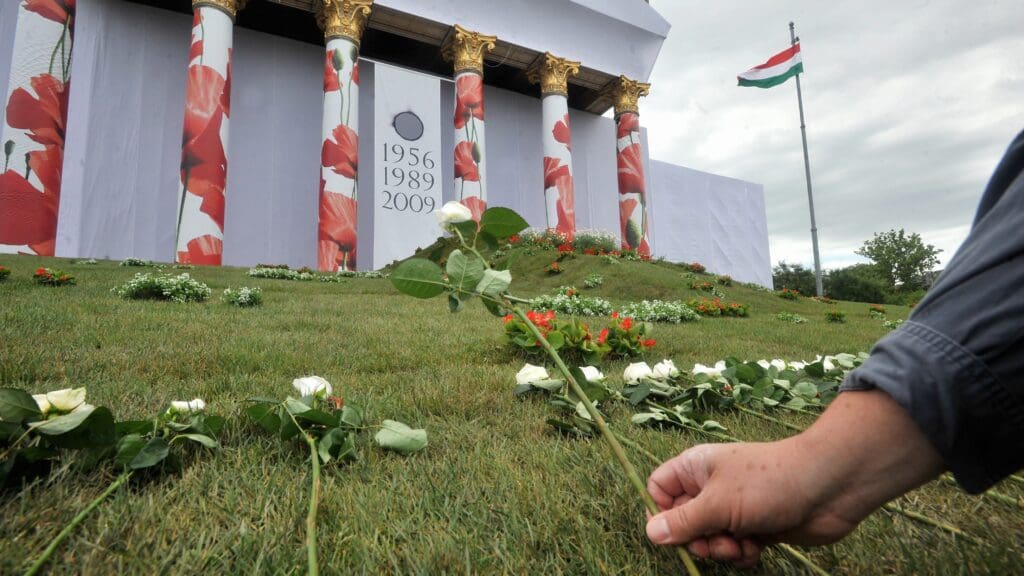
Nagy was a highly controversial figure in Hungarian history, whose assessment is still a source of intense debates…He did stand up for the Hungarian Revolution in 1956—for debatable reasons—; but to portray him as a convinced democrat, or a hero of Hungarian popular representation and individual freedom would be a serious distortion. His legacy must be treated in its proper place: his merits must not be denied, but his sins must not be forgotten.
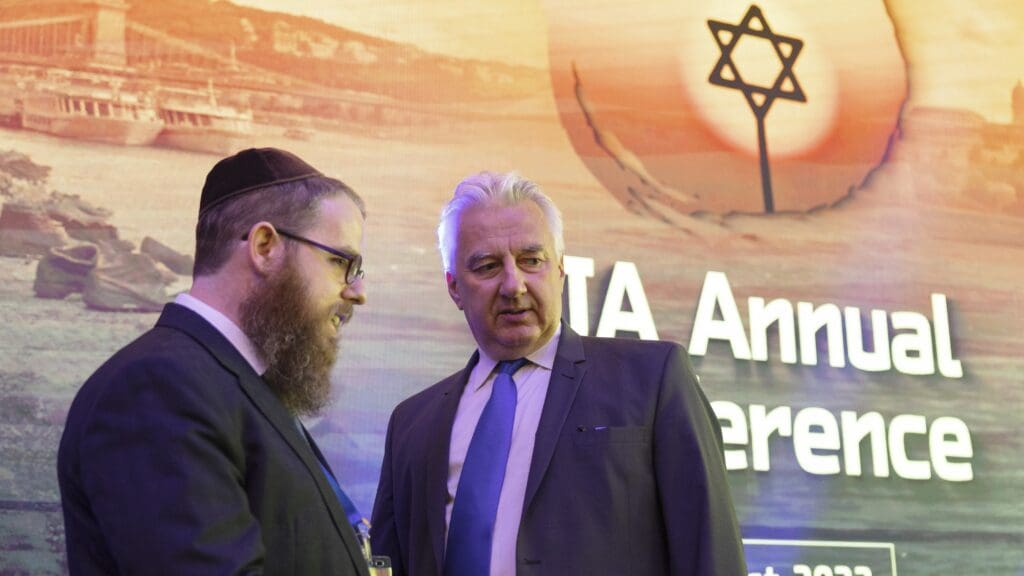
As reported by the European Union Agency for Fundamental Rights (FRA), the Action and Protection Foundation, through its Brussels Institute, recorded 37 antisemitic acts in Hungary in 2021. By comparison, in France there were 589 recorded antisemitic actions and threats in the 2021. In the same year, in Germany 3027 incidents were recorded. In addition, as highlighted by FRA, when looking at 2013–2021, the overall trend in Hungary was that the number of recorded antisemitic incidents was decreasing.
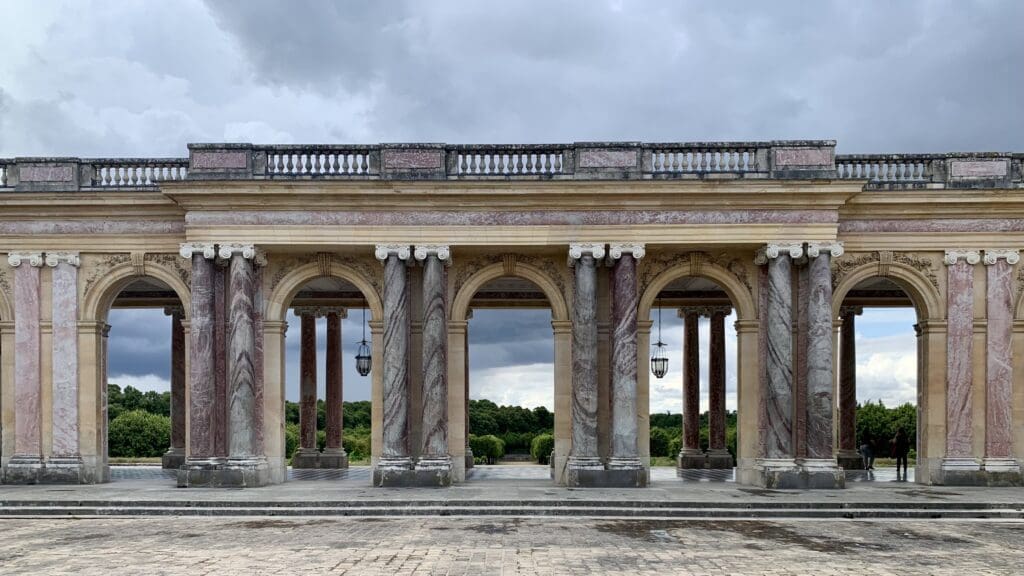
Losing the World War and the experience of the Treaty of Trianon triggered a discourse in Hungarian public life that was not without precedent, but had never been so vehement before. Perhaps the opinion of many was reflected by the renowned writer Ferenc Herczeg, who declared that ‘Europe, free press, liberalism—all these are slogans that have deceived us.’
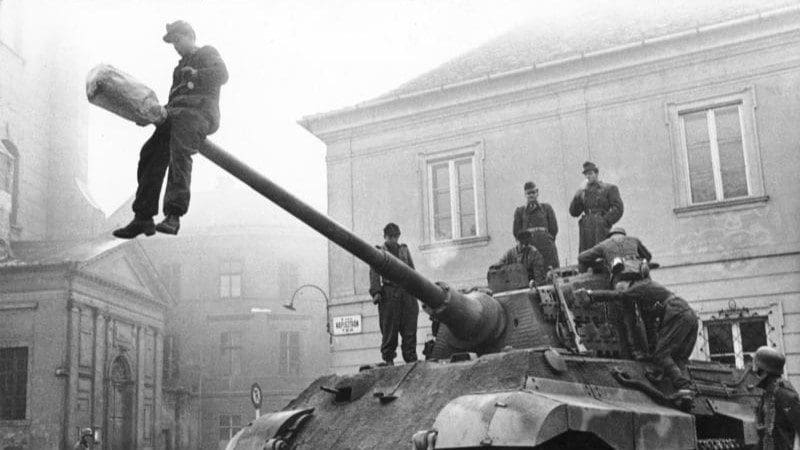
Bartha highlights that it is a painful phenomenon that the non-Communist Hungarian resisters ‘have been relegated to the no-man’s land in terms of memory politics in the 21st century.’ Hopefully, in the future, more attention will be devoted to the anti-Nazism not only of Endre Bajcsy-Zsilinszky or Lieutenant General János Kiss, but also that of István Lendvai, István Zadravecz or even Gyula Kornis.
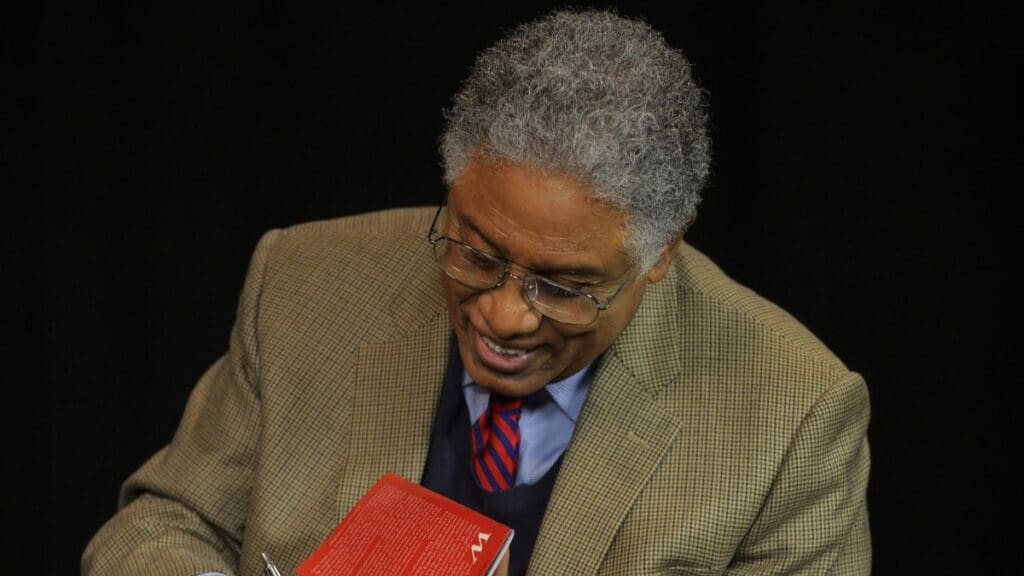
Sowell begins his book by stating that there are many explanations for inequalities, which broadly fall into two extreme categories: some believe that inequality is rooted in descent, in genetics, while others believe that the less well-off are exploited by the rich. Sowell believes in neither as an exclusive explanatory factor. Instead, he holds that success depends on certain preconditions, where even small differences can lead to big differences in outcomes.
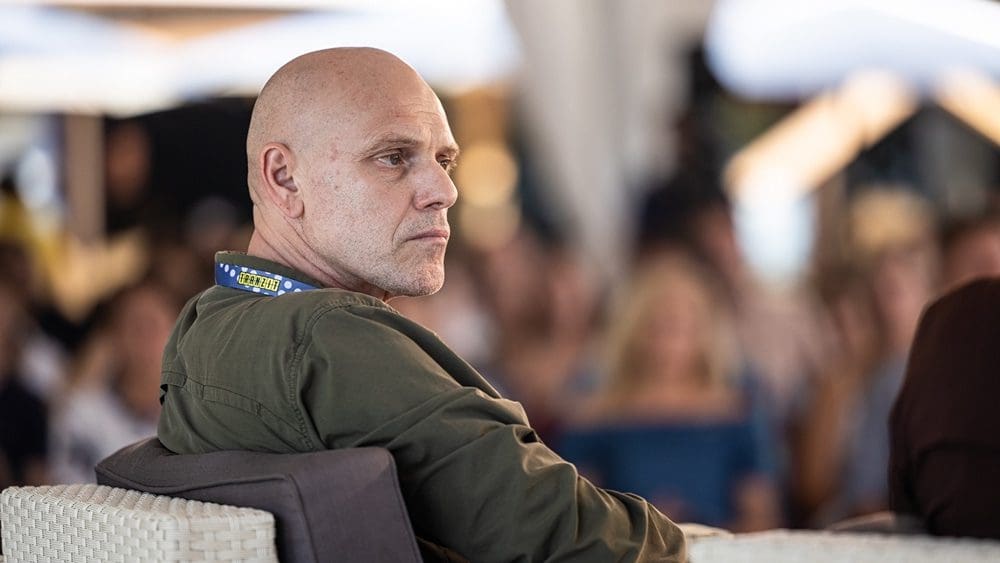
Today, confirmed anti-Semites may be the ‘great friends of the Jews’, but members and sympathisers of the government that proclaims ‘zero tolerance’ regarding anti-Semitism at all international and domestic fora, and which unequivocally stands by and up for Israel, can be labelled as the ‘new anti-Semites’. Israelis cannot invoke the Holocaust as an argument of her legitimacy and a historical event of her people, because the ‘new Jews’ are Palestinians and migrants. Now ‘Nazi’ apparently denotes a right-wing Jew in some circles, while Nazis seem to be the ‘guests of honour’ at seder tables.
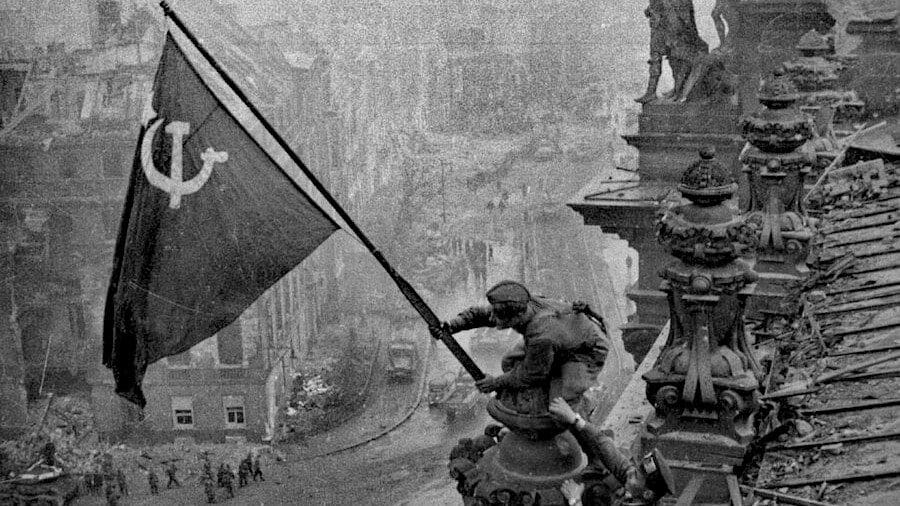
In March 1945, the chief notary of the Simontornya district in Tolna County reported that 60 per cent of the female population of the village of Nagyszékely was infected with venereal disease, and that girls aged 12–13 were among the victims of rape.
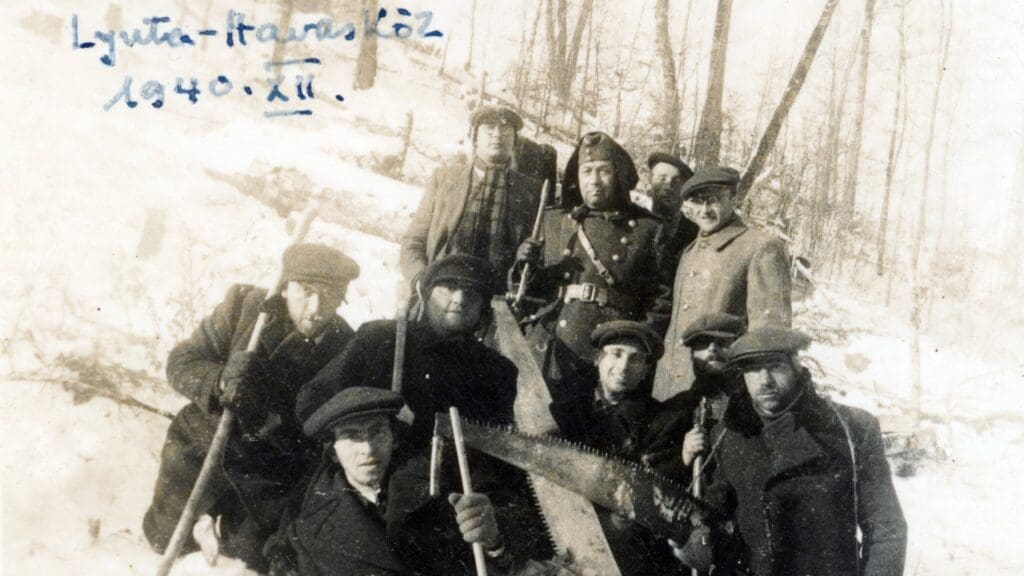
Research into WWII labour service has unearthed several cases of army men who, while perhaps not immaculate individuals, did try to help certain Jews. Such research helps posterity understand the history of labour service better and historians paint a more nuanced picture of what happened.

Netanyahu must not retreat any further, as abandoning his right-wing agenda would threaten the stability of the coalition. Judicial reform in Israel is in fact the last salvation of Israeli democracy, of the rule of the people. Kim Lane Scheppele probably understands this very well—hence her recent attacks on Israel.
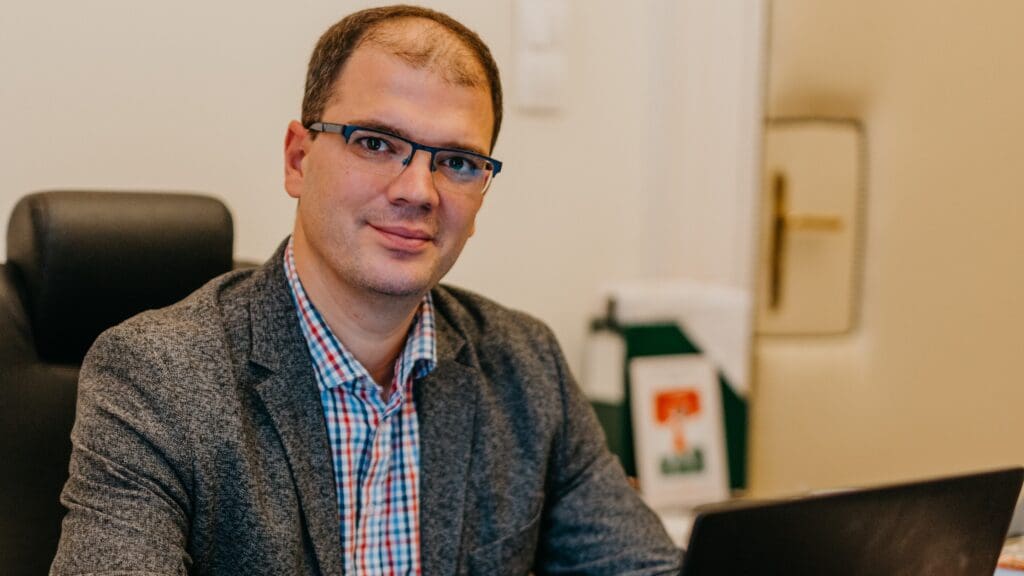
‘If we look at the half century after 1945, it was a case of trying to reinterpret the entire Hungarian past, of stigmatising the national idea and tradition. Therefore, we must now rediscover these decades, perhaps the entire 20th century, take possession of them and populate them with our own characters, our own heroes.’
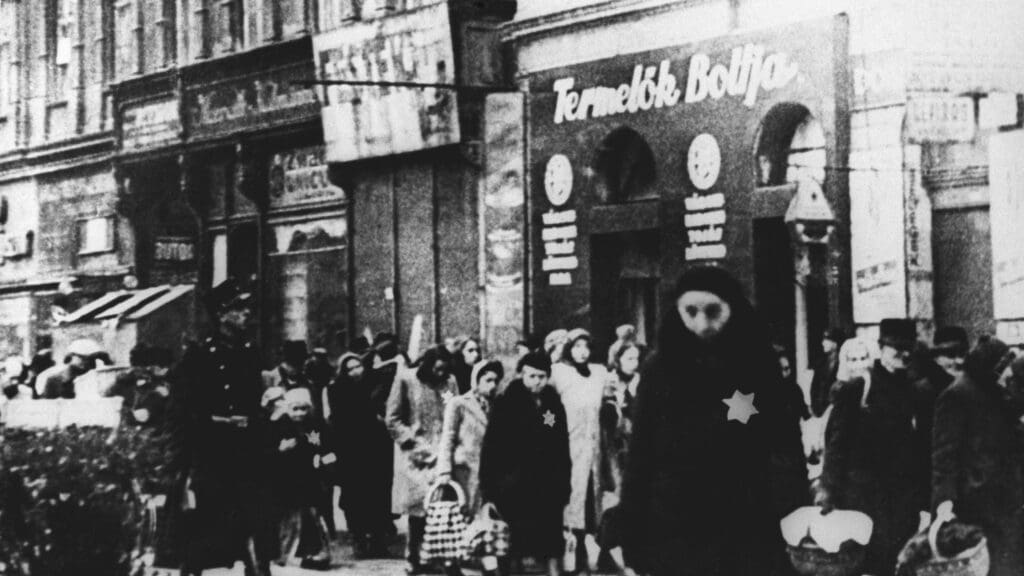
The Germans had demanded the deportation of the Hungarian Jewry long before the German occupation. A note in October 1942, in which German Deputy Foreign Minister Martin Luther summarised his negotiations with Sztójay, the Hungarian ambassador in Berlin at the time, openly mentions the German demand and the fact that it had come directly from Adolf Hitler. According to the text, the ‘handling’ of Jews in Hungary is ‘urgent’.
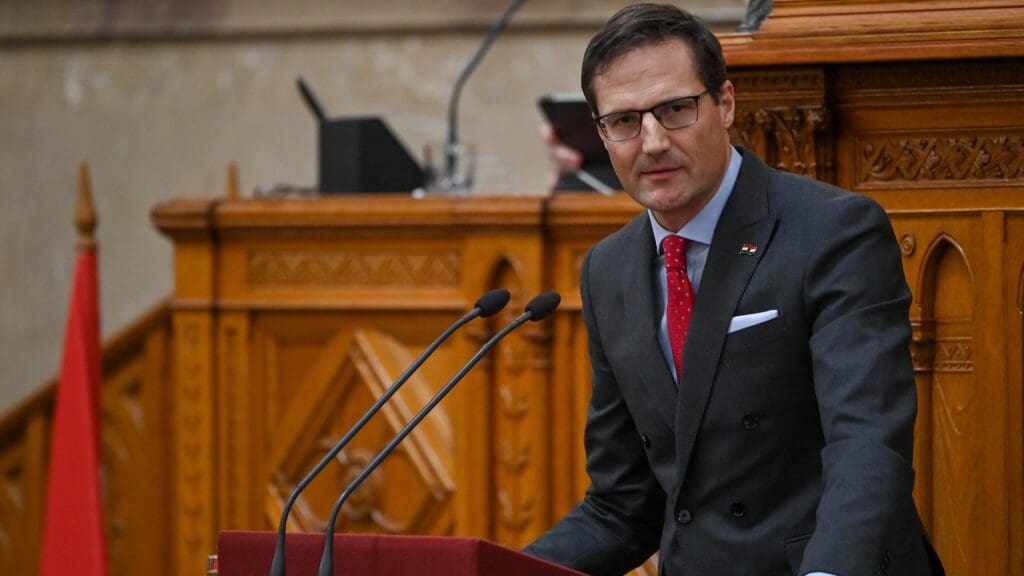
US Ambassador to Hungary David Pressman caused quite an outrage with his recent decision to invite Jobbik president Márton Gyöngyösi to celebrate the Jewish holiday of Pesach at his residence. Gyöngyösi called for the creation of a list of Hungarian politicians of Jewish ancestry some years ago.
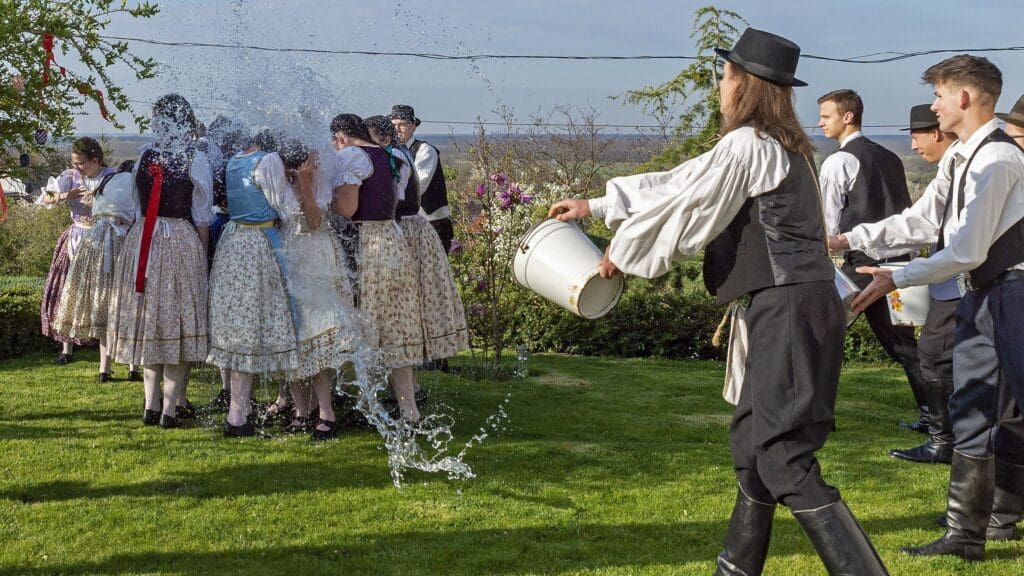
While some of the reservations regarding Easter-related folk traditions articulated from a female perspective can be appreciated, it is questionable whether it makes sense to conduct a Bolshevik-style anti-tradition campaign against rural folk customs. Of course, it is important that this Easter pouring of water in a traditional Hungarian family should be done with the consent of the girls. But it is pointless to pretend that there is any connection between that and the rape culture in the art world.
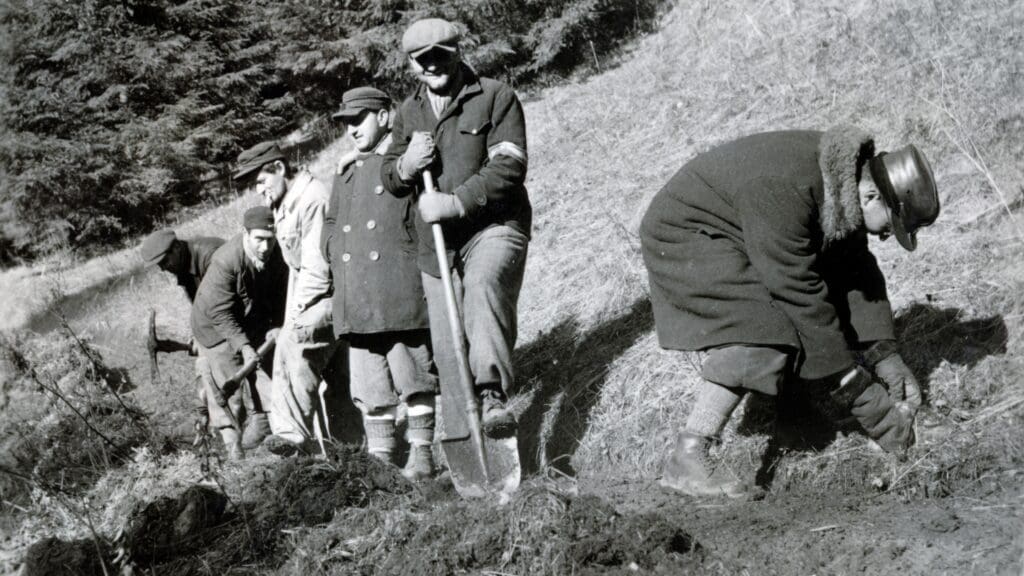
The fact that the war criminal Apaczeller was a Communist was not mentioned in the press at the time, except for the Jewish newspaper Új Élet…It is perhaps not surprising that the Communist state only dared to leak essential information about the case and that the majority of newspapers remained silent about Apaczeller’s ‘transformation’.
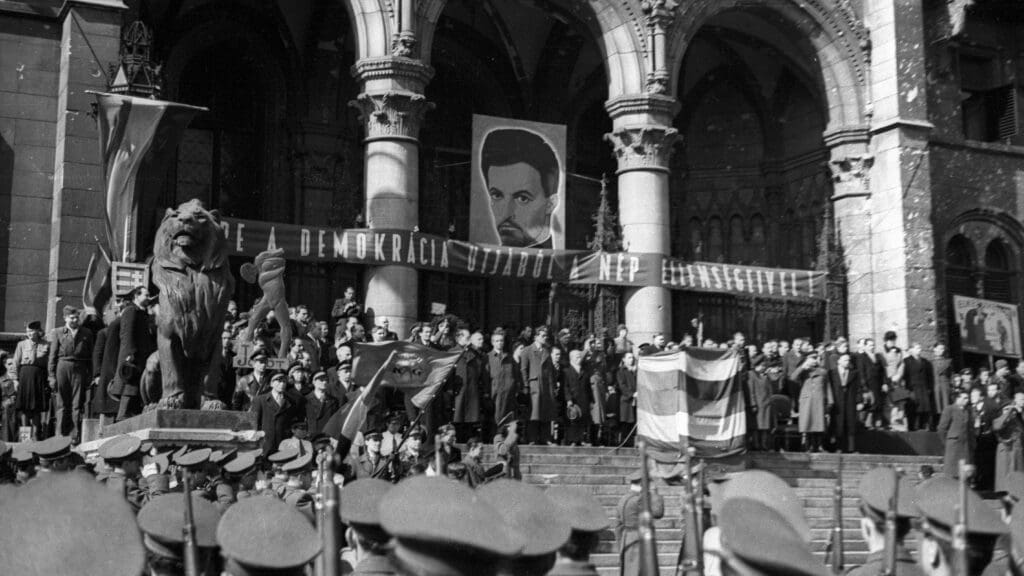
The Communists (should have) had to face up to the fact that their main supporter was the Soviet army, which had first liberated Hungary, only to then occupy it. This was particularly unpleasant in the context of 1848, since the revolution had been defeated by the troops of Tsarist Russia, which aided the Austrians, and the main demand of the revolution was that there should be no foreign troops in Hungary.
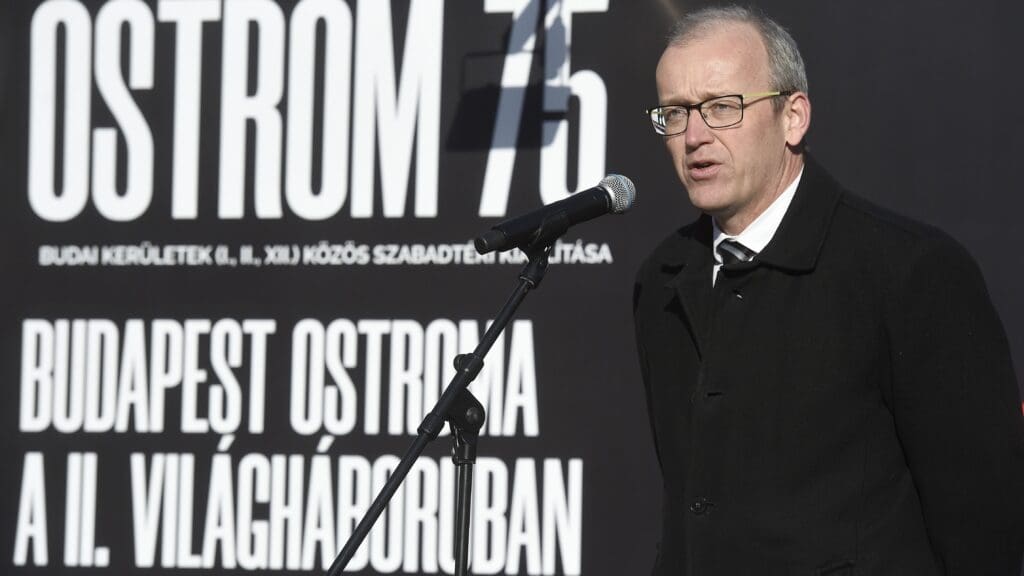
How long do we have to put up with the relativisation of the Holocaust, and the irresponsible usage of the ‘Nazi’ attribute? Does the wish to overthrow Viktor Orbán really justify anything now?
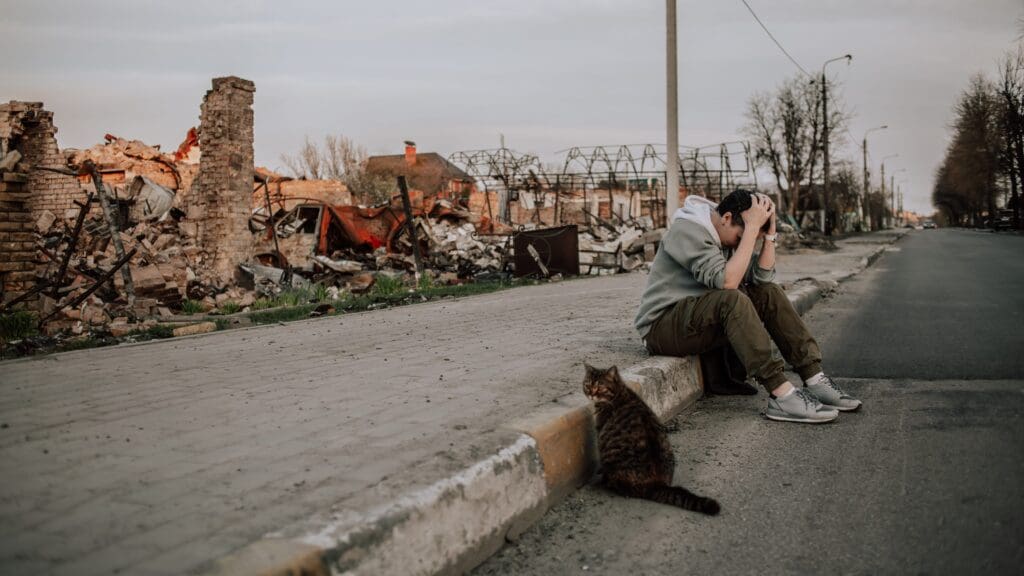
‘The significance of Western arms donations is grossly overestimated. This is not helped by a Western press that has sunk to the level of the Pravda, stifling even the slightest attempts at sober analysis and objective discussion.’
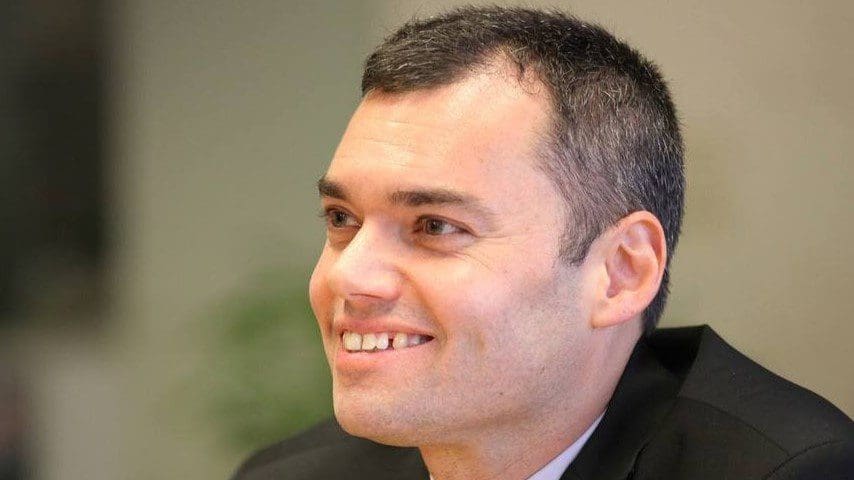
Beinart’s reasoning strongly echoes the views of anti-Semites, who also argue that Israel can never be a democracy because of its Jewish character. Their argument goes something like this: Jews are incapable of running a country and, because they don’t want to work, they can only survive by oppressing non-Jews. This view, incidentally, also appeared in German propaganda in the 1930s.